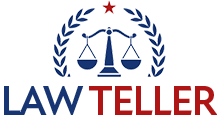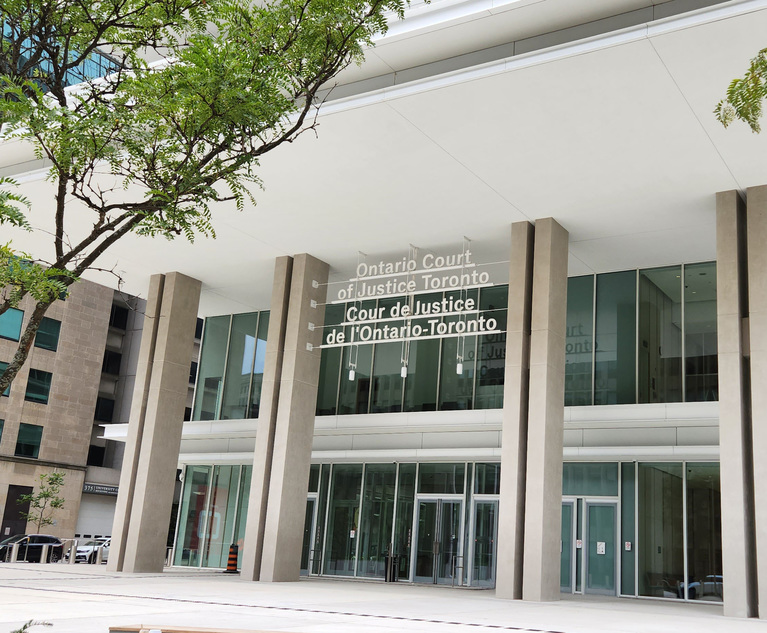Civility in the legal profession spiraled downward in the wake of the COVID-19 pandemic and has more recently been exacerbated by the Israel-Hamas conflict in the Middle East, with almost 70% of respondents to a recent survey saying they had either experienced or witnessed uncivil behavior from another lawyer.
“The legal field is just a microcosm of society more broadly, and I think we’re seeing a decline in civility and society at large,” said Aitan Lerner, president of the Toronto Lawyers Association.
The survey “Civility and Professionalism in the Legal Profession,” released this week by the TLA, was conducted in August and September of this year with 332 responses from in-house counsel, barristers, and solicitors from firms of all sizes and a wide range of years of call.
Noting uncivil and unprofessional behavior also brings the administration of justice into disrepute, the TLA took on the task of getting hard data on the issue in light of ongoing anecdotes in the bar in Canada’s largest city about the “precipitous decline in civility and professional,” Lerner told Law.com International. It sent the survey to its members in Toronto as well as to other lawyers around the province through the Federation of Ontario Law Associations.
In addition to its survey, the TLA facilitated discussion groups with members of the profession, mental health professionals, regulatory representatives, and judges.
The general sentiment is the pandemic made things significantly worse, Lertner said, noting that the pandemic pushed people into their homes and private spaces, away from other people and social interaction.
“It’s easier to be snippy or short with somebody when you’re not seeing them face-to- face,” he said.
An Ontario court decision issued in September in which the judge noted one party’s conduct “appears to have been an attempt by a senior lawyer to bully a junior lawyer” further highlighted the problem.
Since the report’s release, Lerner said the Toronto Lawyer’s Association has been getting a lot of positive feedback from the bar.
The association didn’t just want to highlight the problem. It also wanted to offer a pathway to improve the situation, he said, adding that the TLA wants to keep this discussion at the forefront and is encouraging stakeholders to reach out with ideas and ways to move forward.
Having an open-door policy to encourage colleagues, especially younger lawyers, to discuss issues or escalate concerns is important, said Lerner. Getting more people back into the office and boardrooms is bound to improve the situation as is more mentorship for lawyers at all levels.
“That human interaction, bouncing ideas, interpretation of a law … and when you when you do that on a personal level, it creates a certain camaraderie,” he said.
Lawyers and judges need to call out the bad behavior of others, said Lerner. The report also stressed more enforcement by regulators of practitioners who are rude, difficult, and unpleasant.
“If the person has been called out because of their bad behavior and doesn’t change their ways, then it’s incumbent on lawyers to then take the next step and report them” to the law society, he said.
Regulators should step up as well and take disciplinary action against lawyers who have been chided by judges in court decisions, without waiting for another lawyer or client to file a complaint, said Lerner.








